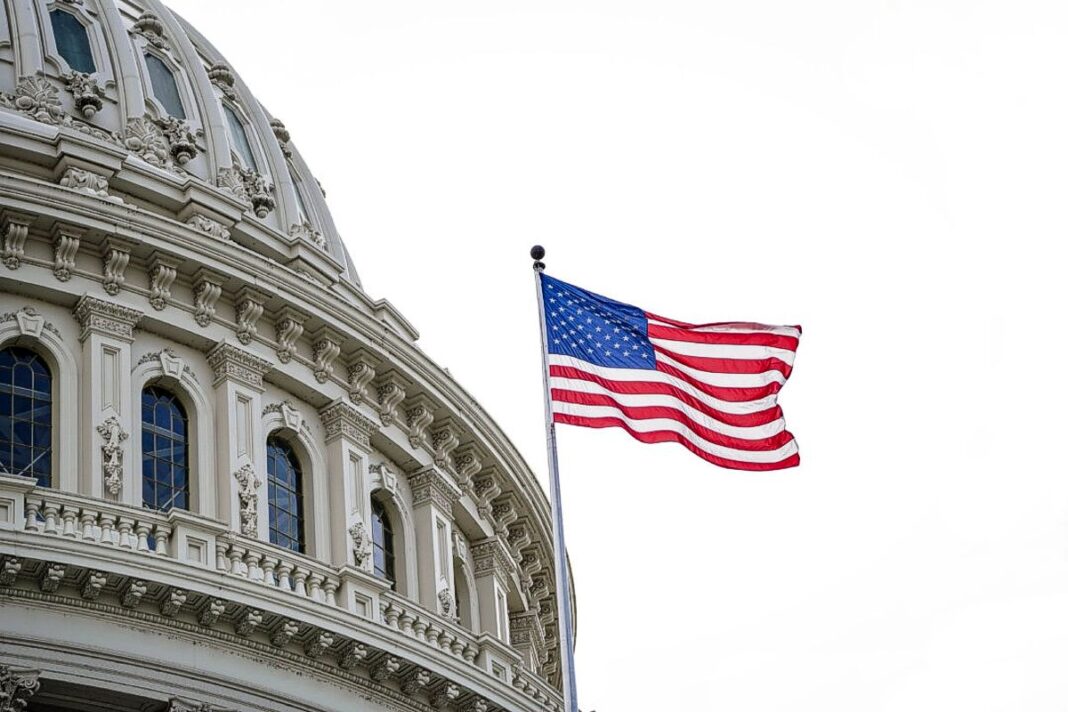
The Ivy League school faces heightened scrutiny over its access to $9 billion in federal funding.
Harvard University is looking to borrow $750 million through taxable bonds as the Ivy League school’s federal funding is under review.
“As part of ongoing contingency planning for a range of financial circumstances, Harvard is evaluating the resources needed to advance its academic and research priorities,” a university spokesperson said on April 8 in an emailed statement responding to questions about the bond sale.
This latest offering follows a $450 million bond issuance in March. With the new sale, the university’s total borrowing for fiscal year 2025 will rise to $1.2 billion.
Proceeds from the debt will be used to support Harvard’s capital projects and for general institutional purposes, according to S&P Global, which on April 7 assigned the bonds a top-tier AAA rating with a stable outlook.
The outlook, S&P noted, reflects expectations that Harvard will sustain strong demand and maintain balance-sheet strength relative to operating costs and debt over the next two years. The credit rating agency also cautioned that financial performance “could be strained” because of changes in federal funding while the university continues to cut expenses.
Despite its $53 billion endowment—the largest among colleges in the United States—Harvard relies heavily on federal funding, particularly for its extensive research operations. That dependence has come under new pressure after three federal agencies last week announced a sweeping review of $9 billion in multiyear research funding awarded to Harvard and its affiliated hospitals in the Boston area.
“If this funding is stopped, it will halt life-saving research and imperil important scientific research and innovation,” Harvard President Alan Garber said in a campus-wide message.
Following the announcement, the departments of Education and Health and Human Services, along with the General Services Administration, sent a letter to Harvard, accusing the university of failing to protect students and faculty from anti-Semitic harassment and alleged violations of anti-discrimination laws. They also included a list of steps that they regard as “necessary for Harvard University’s continued financial relationship with the United States government.”
By Bill Pan






